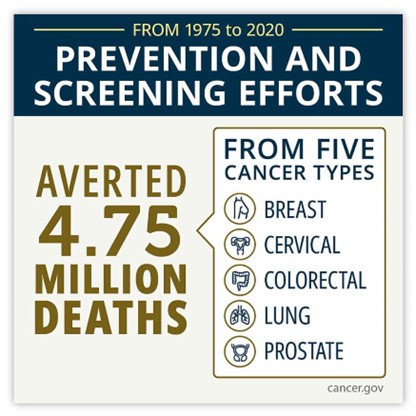December 10, 2024
The Community Health Corner
Submitted by Stephanie Gutierrez

The National Extension Framework for Health Equity and Well-being recommends using community development strategies and health literacy programs to ensure that everyone has a fair and just opportunity to be as healthy as possible. The following resources help us improve well-being for all, and achieve Healthy Kansas 2030 and Healthy People 2030 objectives.
Aging Matters: A recent Aging Matters podcast, entitled Demand for Age-Friendly Care, features an interview with Terry Fulmer, PhD, RN, FAAN, President, The John A. Hartford Foundation, and Ken Dychtwald, PhD, Founder/CEO, Age Wave, about key findings of a national survey, Meeting the Growing Demand for Age-Friendly Care: Health Care at the Crossroads, and how geriatric health care can be improved.
The Health of Moms And Babies: March of Dimes released its 2024 Report Card. It analyzes the latest data on the health of moms and babies and the actions policymakers can take to improve the health of the nation’s families. This year’s Report reveals for the third consecutive year, the US earned a D+ grade for preterm birth. In 2023, more than 370,000 babies were born preterm (1 in 10) and approximately one-third of the largest cities in the US received an F for preterm birth.
Prevention and Screening Drive Major Advances in Cancer Survival: A groundbreaking study from the National Institutes of Health (NIH), published in JAMA Oncology, reveals that advancements in prevention and screening have played a more significant role in reducing cancer deaths over the past 45 years than treatment alone. The study focused on breast, cervical, colorectal, lung, and prostate cancers—among the most common causes of cancer mortality. Researchers found that 80% of the nearly 6 million deaths averted since 1975 were due to prevention and screening, with smoking cessation alone accounting for 3.45 million lung cancer deaths avoided. These findings highlight the critical importance of combining prevention and early detection efforts with treatment innovations to maximize the reduction of cancer deaths. Click here to learn how these strategies are shaping the future of cancer control and the continued efforts to expand access and availability in prevention and screening.
For more information, contact Elaine Johannes, ejohanne@ksu.edu; and Stephanie Gutierrez, smgutier@k-state.edu